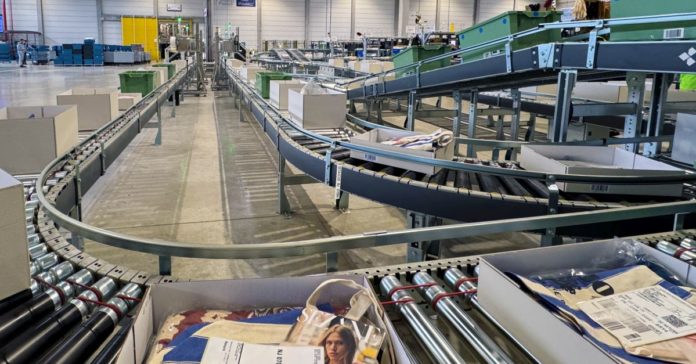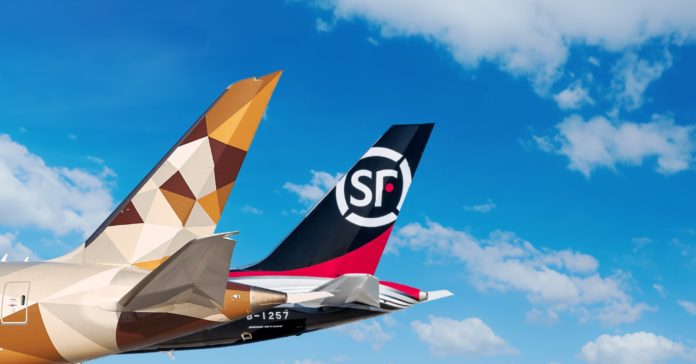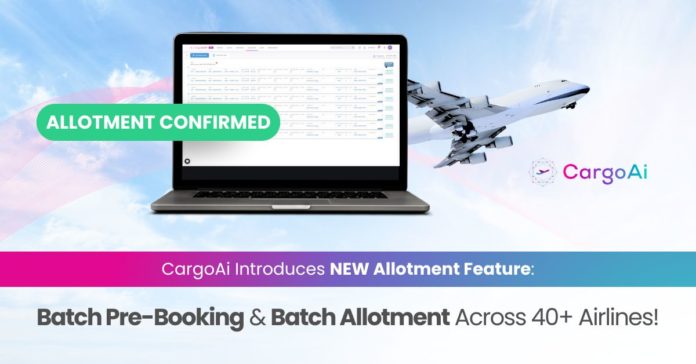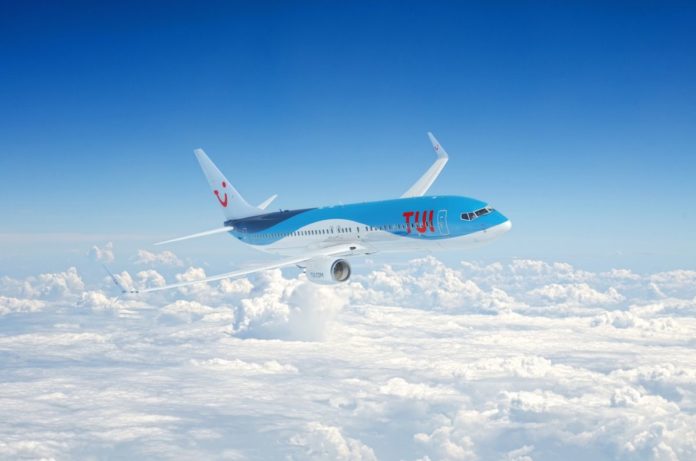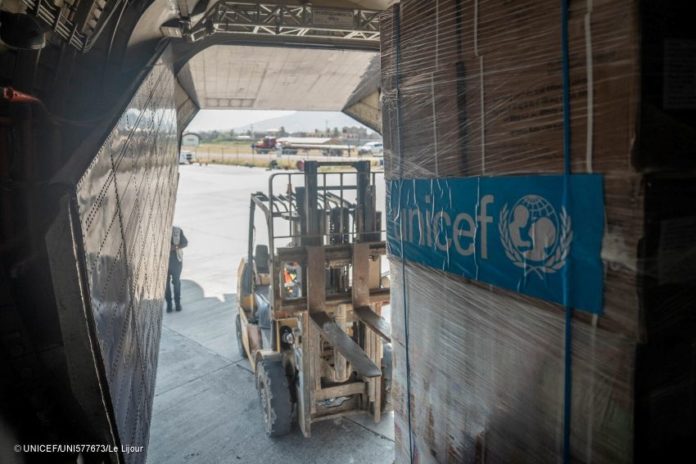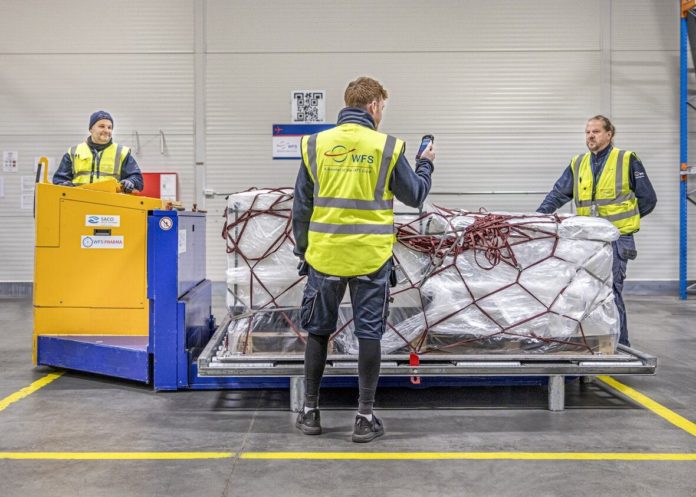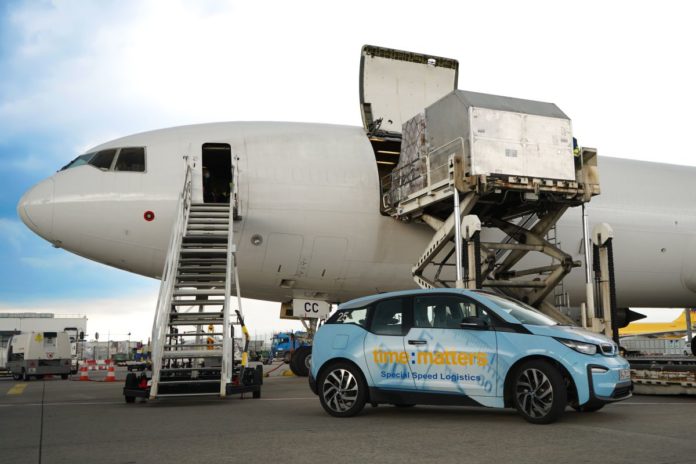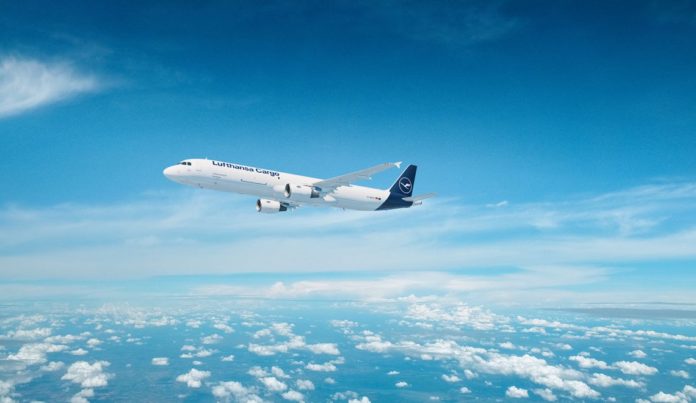Kuehne+Nagel is establishing a new logistics platform in Piscataway,New Jersey for French fashion brand, Sézane. Sézane was founded in Paris in 2013 and is now one of the fastest-growing French fashion brands, mainly using e-commerce channels. The new Kuehne+Nagel operation will allow much faster returns and inventories while continuing to expand its market share in the US.
Sézane’s chief operating officer, Arnaud Ameline, said:. “A huge merci to the Kuehne+Nagel team for working quickly to bring us this custom solution that will help us in managing our e-commerce operations in America. We have built this business from selling first via an eBay vintage shop to now being a global, direct-to-consumer fashion label. With Kuehne+Nagel’s support, we are able to stay true to our brand, which focuses on community, value, and a great customer experience – from end to end.”







